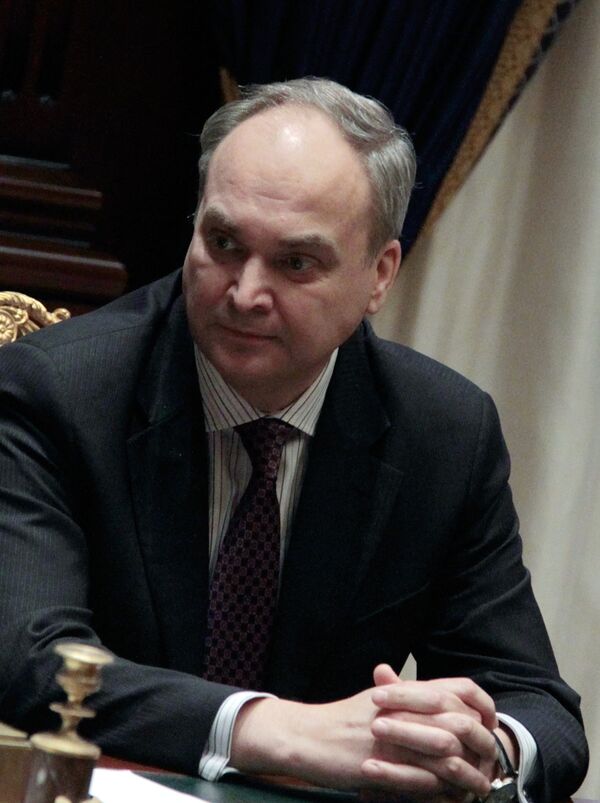MOSCOW, May 23 (RIA Novosti) – An international conference on European security opens on Thursday in Moscow with Russia hoping to discuss approaches to the new pan-European security architecture in an open dialogue with the European Union and the NATO.
The two-day conference, titled Military and Political Aspects of European Security, brings together senior defense officials from Russia, the EU, the United States and Canada, as well as independent military and political experts.
“We certainly realize that the conference will not resolve the existing differences, but we need a calm and open dialogue on all issues – pleasant and unpleasant,” Russian Deputy Defense Minister Anatoly Antonov said ahead of the event.
Both Russia and the West agree that the flaws of the existing security system could leave Europe unprepared should interstate or intrastate conflicts flare up on the continent again as it did in the Balkans in the 1990s and the Caucasus in 2008.
Russian defense officials earlier expressed hope to focus on new mechanisms of arms controls in Europe during the conference as the Treaty on Conventional Armed Forces in Europe (CFE) has no prospects in the future.
The original CFE Treaty was signed in 1990 by 16 NATO countries and six Warsaw Pact members and came into force in 1992. The treaty set equal ceilings for each bloc on five key categories of conventional armaments and military hardware, including tanks, combat armored vehicles, artillery, assault helicopters and combat aircraft.
The CFE Treaty played a crucial stabilizing role during the breakup of the Soviet Union and its satellite states in Eastern Europe. However, later the document became largely outdated and irrelevant amid large-scale changes in the military and political environment.
The treaty was updated in 1999, but NATO members states refused to ratify it, citing the fact that Russia was keeping troops in Georgia and the breakaway Moldovan region of Transdnestr as a pretext.
Russia imposed a unilateral moratorium on the CFE treaty in December 2007, citing concerns over NATO's eastward expansion, U.S. missile defense plans for Europe, and the refusal of alliance members to ratify the adapted treaty. Moscow has repeatedly said it will resume its participation in the CFE if NATO member states ratify the adapted treaty.
In response, the United States and a number of its NATO allies announced in November 2011 they will no longer exchange information on conventional weapons and troops with Russia.




